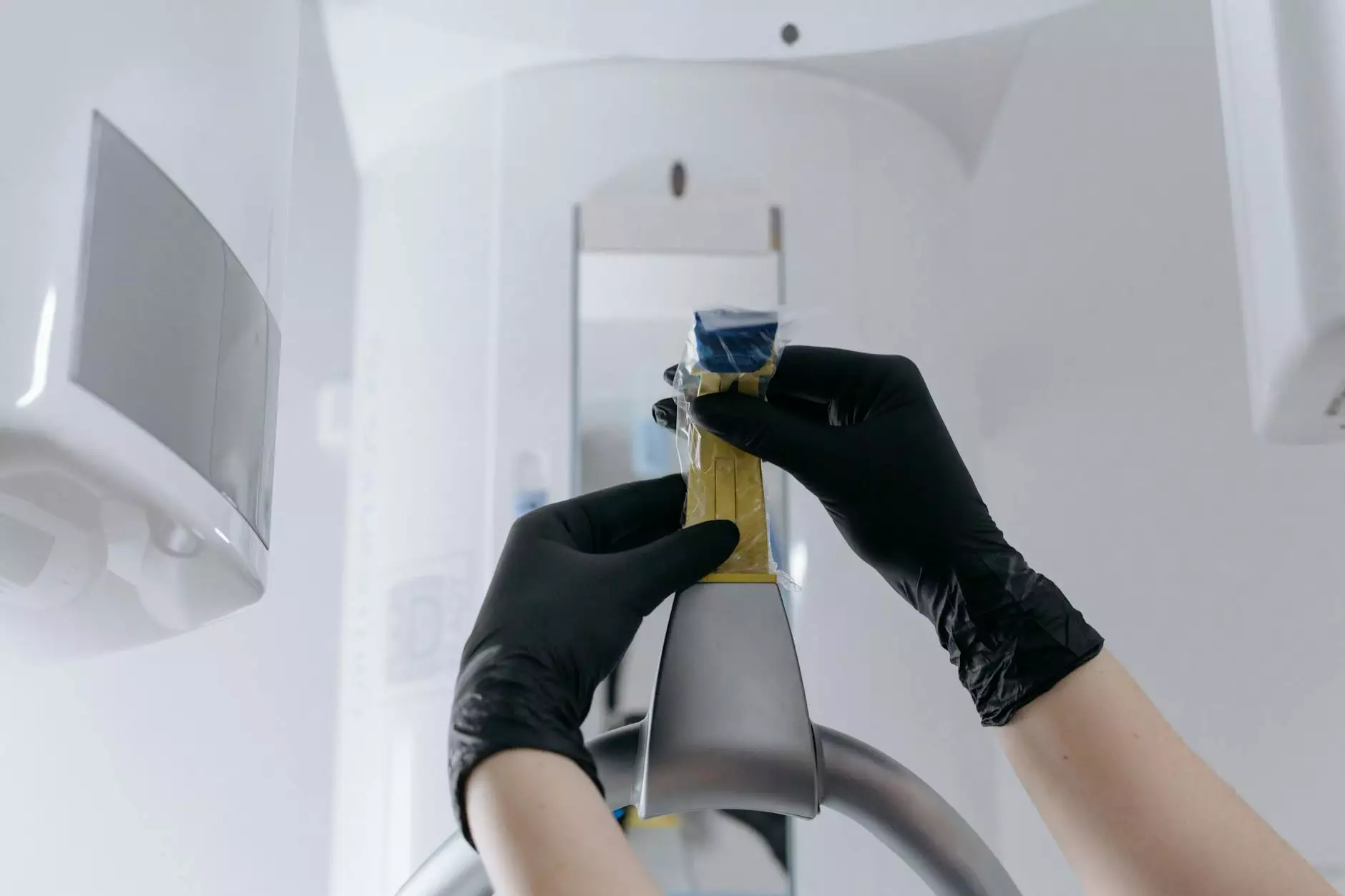Understanding Broken Hard Drive Data Recovery Service

Data loss can be one of the most distressing experiences an individual or business can encounter. A broken hard drive may feel like a catastrophe, but it's crucial to remember that assistance is available through a broken hard drive data recovery service. This article will delve into what such services entail, how they work, and why they are essential in today's data-driven world.
What is a Broken Hard Drive Data Recovery Service?
A broken hard drive data recovery service is designed to recover data from malfunctioning or damaged hard drives. Hard drives can fail for various reasons, including physical damage, logical corruption, software issues, or electrical failures. Engaging a professional recovery service increases the chances of retrieving your vital data.
Types of Hard Drive Failures
Understanding the type of failure your hard drive is experiencing is crucial for effective recovery:
- Mechanical Failure: This occurs when physical components inside the hard drive fail, such as the read/write heads or the spinning disks.
- Electronic Failure: Involves issues with the electrical components, such as the power supply or the circuit board.
- Logical Failure: Refers to corrupted data or damaged file systems that can often be resolved without physical repairs.
- Firmware Corruption: The firmware is essential for the hard drive's operation; its corruption can lead to data inaccessibility.
Signs Your Hard Drive Might Be Failing
Being able to identify potential issues with your hard drive can save you precious data. Here are some signs to look out for:
- Frequent crashes or freezing of the operating system.
- Unusual noises such as grinding, clicking, or beeping.
- Slow performance when accessing files or programs.
- Files disappearing or getting corrupted.
- Check disk errors when booting up.
When Should You Consult a Data Recovery Service?
Knowing when to seek out a broken hard drive data recovery service can significantly impact data recovery success:
- As soon as you notice any symptoms of hard drive failure.
- Before performing any DIY recovery methods.
- If your hard drive is physically damaged (dropped, exposed to water, etc.).
- After ensuring your data is of high importance (business documents, personal files).
The Data Recovery Process Explained
The data recovery process can vary depending on the service provider, but here’s a general outline:
- Assessment: A technician examines the hard drive to determine the cause of failure.
- Data Imaging: If possible, the data is cloned onto a separate drive to prevent further damage.
- Data Recovery: Specialized software and tools are used to retrieve lost data from damaged areas.
- Verify and Restore: The recovered data is checked for integrity before being restored to a new hard drive.
How to Choose the Right Broken Hard Drive Data Recovery Service
Selecting the right service can impact your recovery experience significantly. Here are some tips to consider:
- Experience: Look for businesses with a proven track record in data recovery.
- Certifications: Ensure the company has the necessary certifications and adheres to industry standards.
- Customer Reviews: Check testimonials from previous customers to gauge service reliability.
- No Data, No Fee Policy: Some companies only charge if they successfully recover your data.
- Secure Handling: Ensure they follow strict guidelines for data privacy and handling.
Cost of Broken Hard Drive Data Recovery Services
The cost of data recovery can vary widely based on several factors, including the extent of damage and the data recovery methods used. Here’s a brief breakdown:
- Basic Logical Recovery: Typically ranges from $100 to $300.
- Severe Mechanical Recovery: Can range from $500 to $1500.
- Clean Room Recovery: May cost upwards of $2000.
DIY Data Recovery: Pros and Cons
Some may contemplate attempting DIY data recovery. Here’s what you should consider:
Pros:
- Cost-effective if successful.
- Available software tools for basic issues.
Cons:
- Risk of permanently losing data.
- Possibility of causing further damage.
- Not suitable for physical damage.
Preventive Measures to Avoid Hard Drive Failures
Taking steps to prevent data loss is far more effective and easier than recovery. Here’s what you can do:
- Regular Backups: Use external hard drives or cloud storage solutions to back up essential data regularly.
- Monitor Hard Drive Health: Use software tools to keep an eye on your hard drive’s performance.
- Avoid Overloading: Manage your disk space and avoid using the drive to its full capacity.
- Physical Care: Handle your devices carefully, avoiding drops or exposure to liquids.
Conclusion
Data is invaluable, and when faced with a malfunctioning drive, knowing about broken hard drive data recovery service can make all the difference. Whether you choose to recover data through professional services or implement preventive measures, understanding your options enhances your preparedness against potential data loss scenarios. At Data Doctor (datadoctor.org.uk), we aim to provide comprehensive solutions for all your data recovery needs, helping individuals and businesses protect and recover their vital data. Don’t let a broken hard drive become a nightmare; take proactive steps and know your recovery options.



